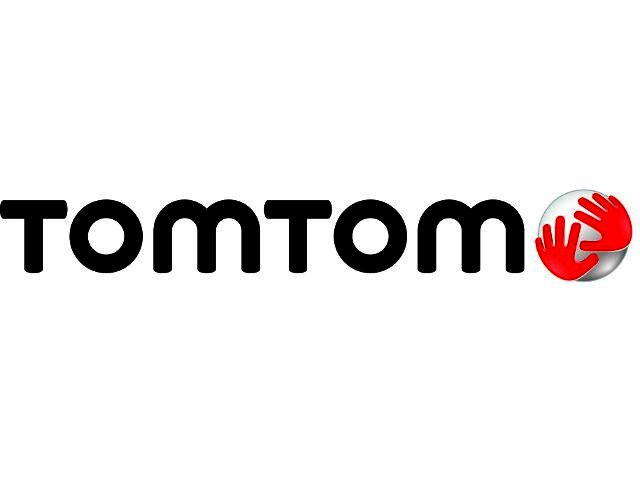TomTom Africa, a leading provider of digital map data, navigation technology and location based services (LBS), is moving to support the largest road network project in African history, the Trans-African Highway, a vital project for the African Development Bank.
The Trans-African Highway project will create road-based trade corridors across Africa, effectively linking its biggest economies: Nigeria, South Africa, Egypt and Algeria, making the recently launched Tripartite Free Trade Area (TFTA) a reality. The road network will allow African countries particularly in the Southern African Development Community (SADC) region to stimulate cross-border trade. However, the continent’s sheer size and lack of established infrastructure in rural areas does mean the project will face significant challenges with accurate mapping being one of them.
“Africa covers an estimated 30 million square kilometres which basically means that you could ‘fit’ China, Japan, USA, UK, Western Europe and Eastern Europe into our land mass,” says Etienne Louw, General Manager for TomTom Africa. “TomTom’s aim is to support initiatives such as the Trans-African Highway project and the TFTA by providing accurate mapping data for our vast continent, thus facilitating economic growth. TomTom’s devices are already able to navigate commuters on a single map from Cape to Cairo which, in itself, is unique. However, this information needs to develop even further to support the future of intra-African trade. As another example, businesses willing to move goods across borders need accurate map data in order to route drivers and track their location and progress.”
Louw explains that in order to capture additional mapping data, the company will rely on its unique mix of sources: extensive fieldwork - actual driving and exploration of various territories, data probes and a mixture of aerial and satellite photographs. He adds, “This is an important data collection exercise, because it will support individuals and companies needing to access accurate map data of the transcontinental network of roads supported by the African Development Bank.”
Economists believe that the road infrastructure project is poised to facilitate the continent's annual growth of five percent (5%). As a business operating in Africa, TomTom believes that the project will offer exponential trade opportunities for a wide variety of businesses and wishes to add its contribution by completing this mapping project by the end of the year. Louw adds: “By opening Africa’s trade corridors, businesses can chase opportunities and mitigate risk through accurate routing of vehicles and tracking of goods, regardless of their location.”





